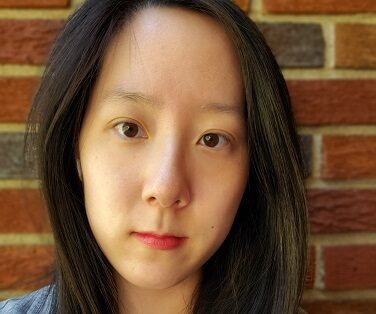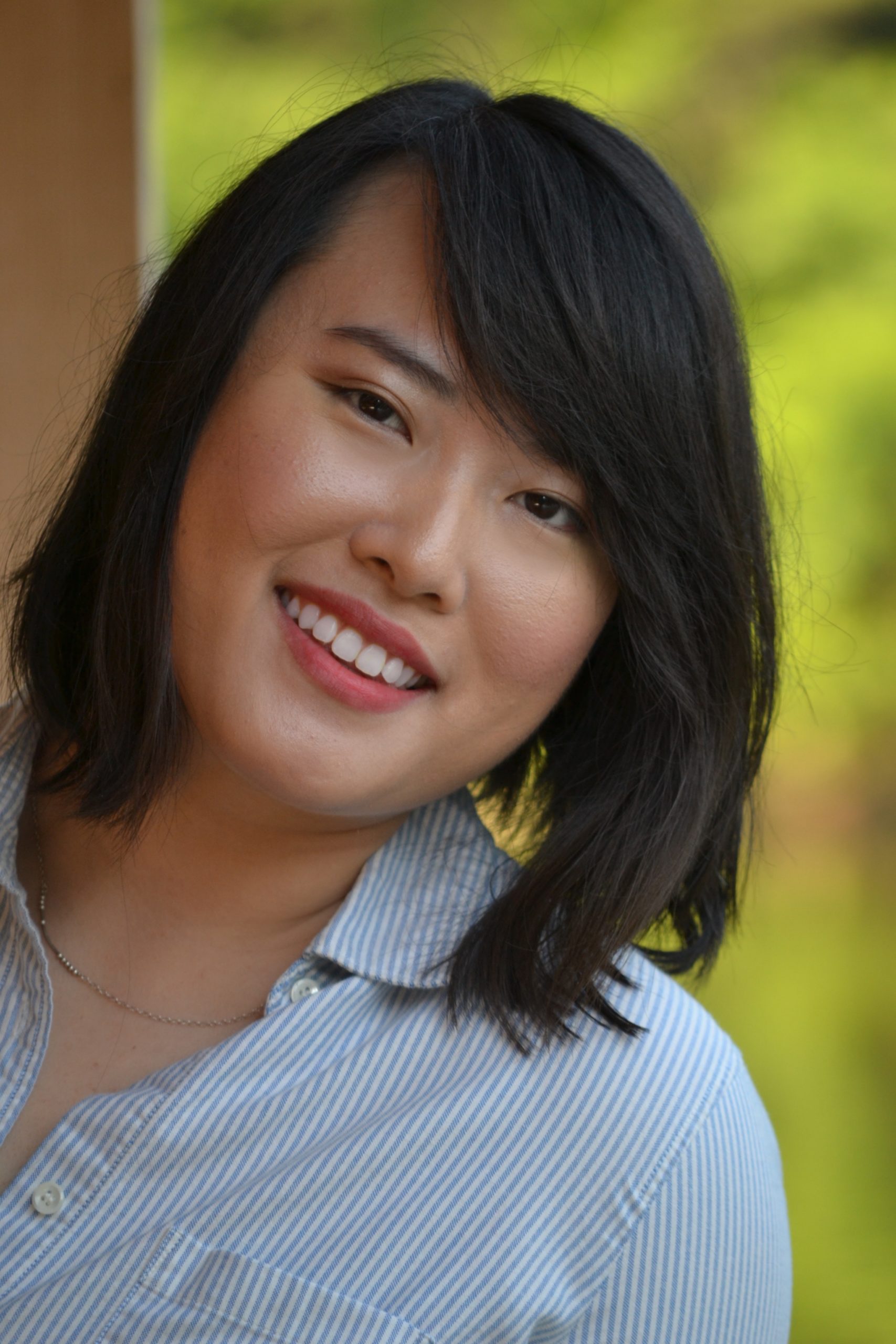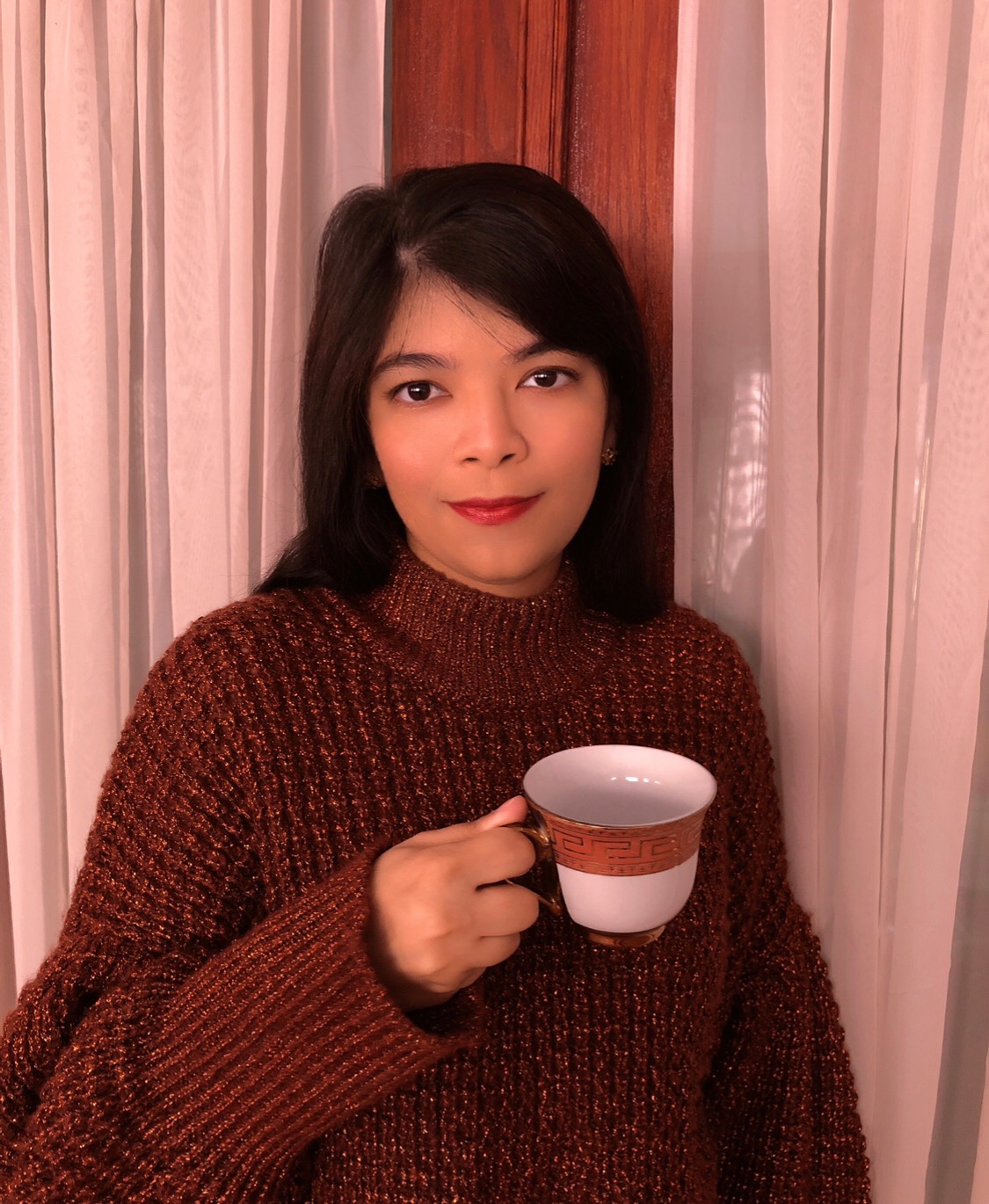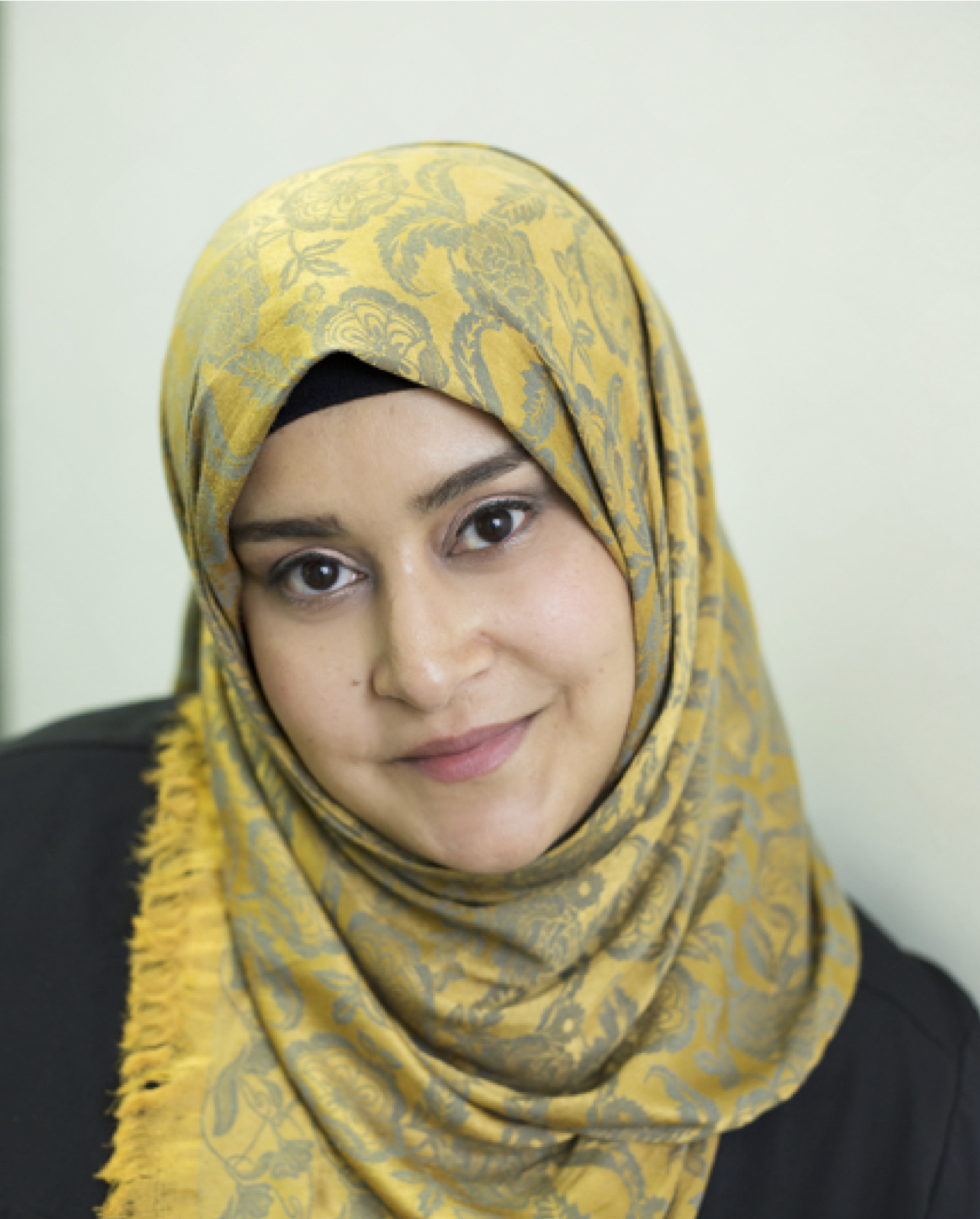
by Michele Kirichanskaya | Apr 4, 2025 | Blog
Alice Lin is the author of Fireworks and Love Points to You. She is an avid reader who first started dreaming up stories in sixth grade and who loves to get lost in other people’s imaginations. She holds a master’s degree in library and information science from...

by Michele Kirichanskaya | Mar 4, 2023 | Blog
Sarah Lyu grew up outside of Atlanta, Georgia, and graduated from the University of Pennsylvania. She loves a good hike and can often be found with a paintbrush in one hand and a cup of milky tea in the other. Sarah is the author of The Best Lies and I Will Find You...

by Michele Kirichanskaya | Dec 9, 2022 | Blog
Priyanka Taslim (she/her) is a Bangladeshi American writer, teacher, and lifelong New Jersey resident. Having grown up in a bustling Bangladeshi diaspora community, surrounded by her mother’s entire clan and many aunties of no relation, her writing often features...

by Michele Kirichanskaya | Oct 19, 2022 | Blog
S. K. Ali (she/her) is the New York Times bestselling and award-winning author of several books, including Saints and Misfits, a finalist for the William C. Morris award, winner of the APALA Award and Middle East Book Award, and Love from A to Z, a Today Show’s...





